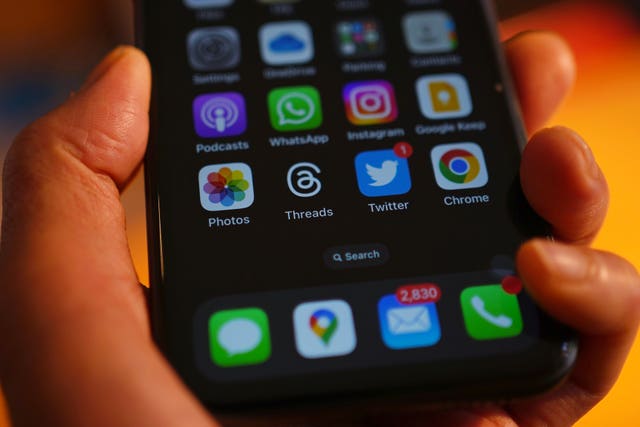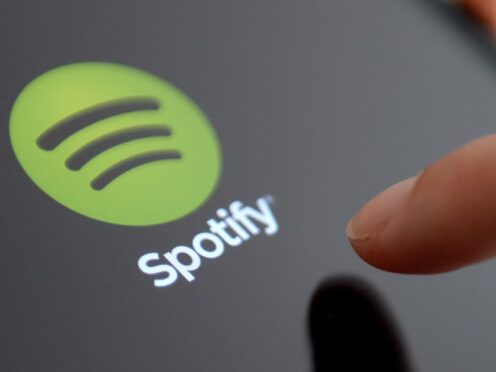Apple has hit out at music streaming giant Spotify over its long-running competition complaint filed with the EU, which could reportedly soon see Apple facing a huge fine.
Following reports the EU has concluded its investigation into Spotify’s claims of anti-competitive behaviour by Apple over its App Store rules – and is ready to issue a 500 million euro fine – the iPhone maker has accused the music firm of trying to get “limitless” access to Apple’s tools without paying for any of it.
Spotify filed a complaint with the EU in 2019, claiming that Apple’s App Store rules limit choice and competition because it charges a 30% fee on purchases made through the store – including music streaming subscriptions – which Spotify claims is an unfair “tax”, and that Apple’s own competing Apple Music streaming service is not subject to the same fees, giving it an unfair advantage.
The Swedish music giant has also argued that Apple’s rules do not allow it to tell users about cheaper ways to subscribe outside of the App Store.
According to reports earlier this week, the European Commission is close to concluding its investigation and Apple was said to be facing a 500 million euro fine.
In a statement issued on Thursday night in response to the reports, the US tech giant said Spotify did not offer subscriptions via the App Store and therefore did not pay Apple any commission in the EU.
“We’re happy to support the success of all developers — including Spotify, which is the largest music streaming app in the world,” Apple said.
“Spotify pays Apple nothing for the services that have helped them build, update and share their app with Apple users in 160 countries spanning the globe.
“Fundamentally, their complaint is about trying to get limitless access to all of Apple’s tools without paying anything for the value Apple provides.”
The iPhone maker said Spotify had the option to directly link to their website for account creation and management, but chose not to use it, and that despite its claims of competition concerns and not allowing it to tell users how to subscribe, had grown into the largest digital music business in the world with more than 50% market share in Europe.

The US company also argued that Spotify and other music streaming services had many open channels, including email marketing and social media, to advertise to consumers and show them how to sign up outside of the App Store.
Apple also criticised EU regulators, claiming that despite being examined in different forms on this issue for around 10 years, the European Commission had failed to find any evidence of consumer harm or anti-competitive behaviour by the firm in this market.
The iPhone maker said the investigation could just cement Spotify’s dominant position as the market leader, rather than promote competition.
In response, Spotify said: “Spotify’s success has happened despite Apple’s best efforts to gain an artificial advantage by favouring their own music service at every turn while placing roadblocks and imposing unfair restrictions on ours.
“Under their current rules Apple controls Spotify’s access to its own customers and gives Spotify one of two untenable options: We either have to deliver a poor user experience where we can’t directly communicate how to buy or subscribe to Spotify on iPhones or we have to accept a 30% cost disadvantage against our biggest competitor.
“This is not a level playing field. We support the European Commission and trust that they will take action soon to create a fair ecosystem for everyone involved.”
At the time it filed its complaint in 2019, Spotify founder Daniel Ek wrote in a blog post that Apple had “introduced rules to the app store that purposely limit choice and stifle innovation”.
He said the company was “essentially acting as both a player and referee to deliberately disadvantage other app developers”.
“They continue to give themselves an unfair advantage at every turn,” he wrote.
“Apple requires that Spotify and other digital services pay a 30% tax on purchases made through Apple’s payment system, including upgrading from our free to our premium service.
“If we pay this tax, it would force us to artificially inflate the price of our premium membership well above the price of Apple Music. And to keep our price competitive for our customers, that isn’t something we can do.”
He also accused Apple of applying “a series of technical and experience-limiting restrictions” on Spotify when it chose not to use Apple’s payment system, including he claimed blocking some app updates at times.
